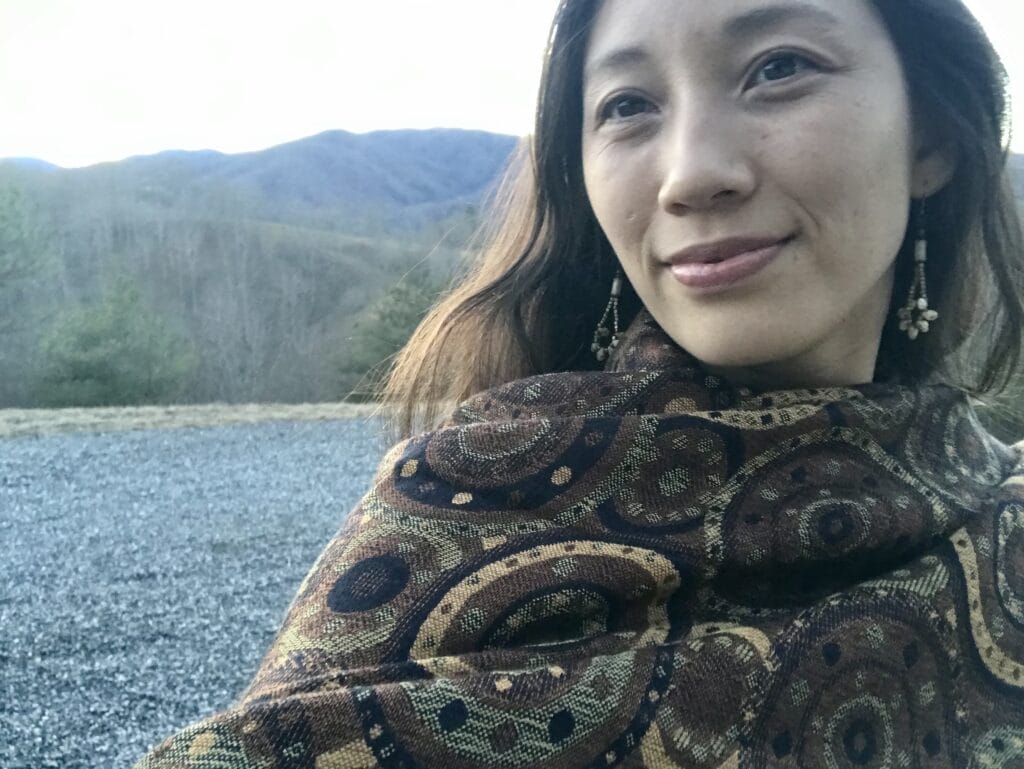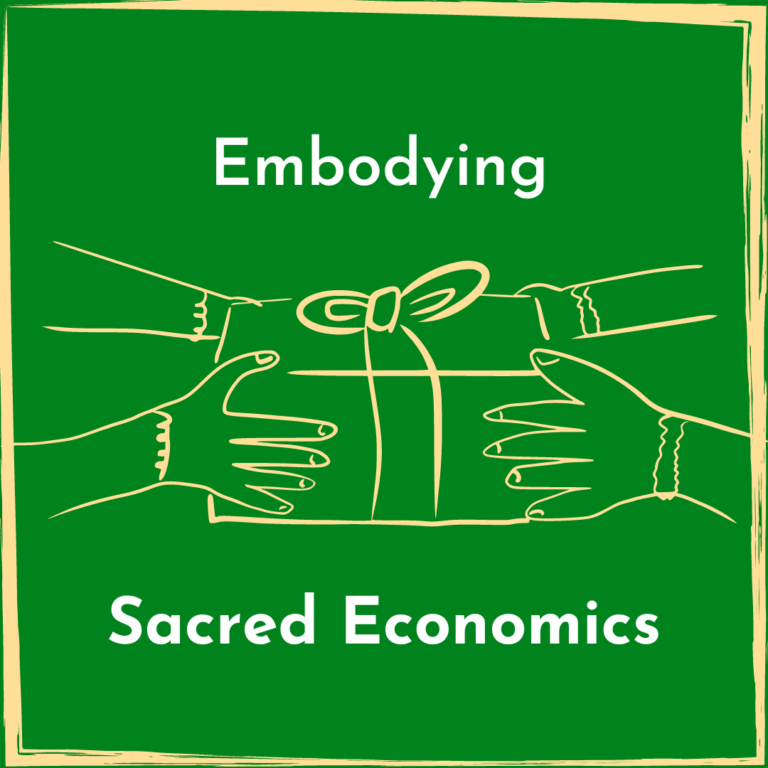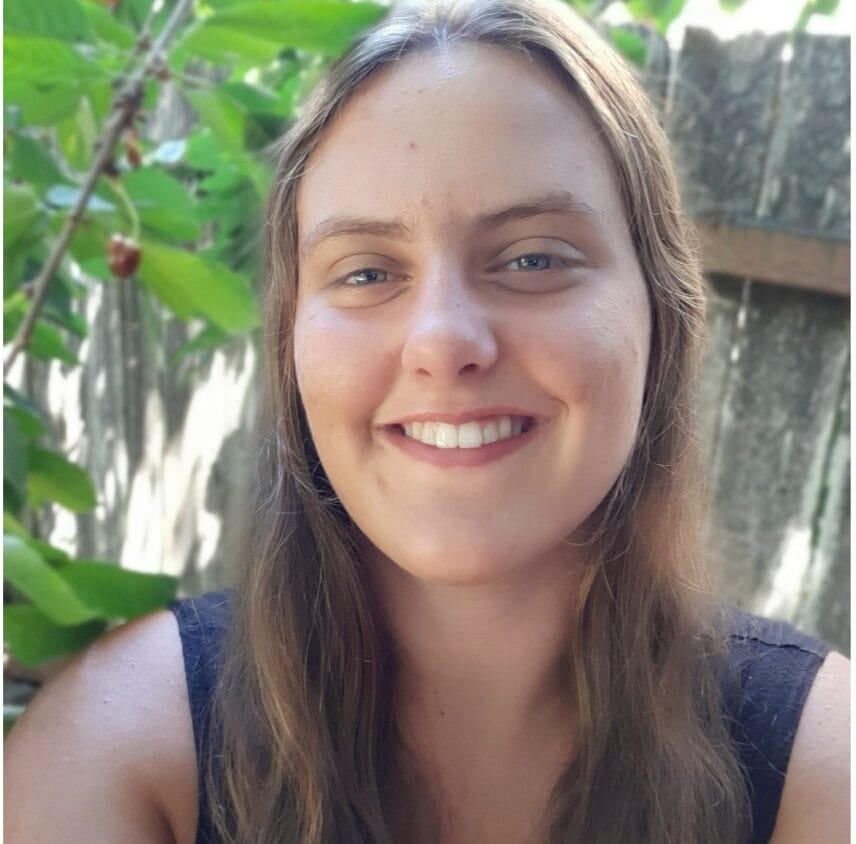Embodying Sacred Economics
While engaging with the Earthskills community over the last couple of years, I’ve witnessed a myriad of ways that folks relate to money and resource. This particular relationship to money is very much alive and growing for me, not only as Firefly’s Bookkeeper; but in my personal life as well. Money matters have been present collectively too, reflected in the stars above us and the shifting financial systems around us, in us, and through us. If money is, at its root, a measurement of resource coming from this earth, then I’m learning that financial management is an extremely important Earthskill of our time.
This first came into sharp focus for me upon returning to the US about two years ago. I had spent my adult and professional life thus far overseas. Amidst a turbulent time on Earth, I arrived back in this American land where I was born, faced with an updated version of all that I had defiantly turned away from in my early twenties. I saw the same systems of oppression and exploitation, notably in the culture of work and the world of money. Thankfully, I also returned here with an updated and renewed sense of self!
Many of us may feel a level of embarrassment upon reaching adulthood and struggling at times to find financial understanding, clarity, and empowerment. Or if we do feel settled financially, it may come with a cost of discomfort, a sense of buying in, or selling out. Our collective relationship to money is complex: even the subject appears taboo, its tendrils of shame rooting deeply in our psyche.
In exploring the relationship to money and resource, I invite you to hold the role of a detached observer. Money matters may trigger; and yet, triggers can also be doorways of healing. We will be examining a historical, philosophical, and linguistic context of money to build perspective, filtering it through an astrological lens for guidance, and contemplating how our Earthskills community may move towards living sacred economics for our collective future.
Putting Money in Perspective
Zooming out, the history of homo sapiens has likely spanned about 300,000 years with our brains as they are now. Written history began around 6,000 years ago, and money as we know it today, about 3,000 years ago. I find that this expanded view allows us to see how recent the advent of money actually is in our global society. After all, money is a relatively new story, an invented social agreement. The pieces of paper and numbers on computer screens alone hold little value; it is the symbolic meaning that we as humans have given to them – within a small fraction of our time on this planet –- that bestows their power.
In fact, looking at the etymology of money gives us some clues to its sacred origins: monere (Latin) means “to advise, warn, admonish,” as in the word monitor. It also has the meaning “to remind, to bring to one’s recollection, to advise, teach.” Going deeper, the Sanskrit roots include manayati, which means “to honor, respect.” Manas, meaning “to think, mind, mindful.”
We can also learn from the question of how humans exchanged resources before money existed. As hunter-gatherers for most of our history, communities were small enough that gift culture was sufficient. We met our needs collectively in small groups, and anything else was exchanged through ceremonial gift-giving. It wasn’t until humans became sedentary farmers around 12,000 years ago that we began to store resources and engage in commerce. Barter as a common way of exchange historically is considered a misconception by some. More likely, bartering held the same role before as it does now: an occasional auxiliary way of exchanging.
From Gift to Transaction
Remnants of our gift culture still exist today in many parts of the world where traditions have been kept alive. Gifts are unique; they tell a story. They extend an open line of connection, solidifying community bonds and stirring in the receiver an innate desire to give in return – a natural reciprocity. On the other side, minted money is standardized, homogenous, and sterile. It removes the personal, and is a closed transaction (I’ve paid you – our interaction is over).
Over time, this impersonal exchange became more extreme, allowing a tool (money) to take advantage of anonymity and become exploitative. We don’t see all the invisible connections with the people that make what we consume in today’s hyper-global economy. This is one thread among so many that weave into how and why this collective money story has been so distorted. When so many things get quantified and valued by money today, it relegates what is only qualifiable into a sticky place. How do you measure beauty, art, or the sublime? And when we tend more toward the artist and less toward the quantifiable function, how do we receive value? How do we feel true value if the world around us has conditioned otherwise?
Coming back to the story from gift to transaction, these are two extremes on the spectrum of resource exchange. And yet, there exists a curious phenomenon that often occurs when money changes hands. In a world where we no longer know (and trust) all of our community members, the standardization of money brings a sense of security. We tend to value more what is received and offered when money gets involved.
This duality of our stories around money means that it has a sterile, homogenizing effect while simultaneously inspiring security, respect, and value. If money is as powerful as its social agreement allows and is in itself only a tool, how are we agreeing to use this tool? How do we redefine our relationship with money and direct it away from growing disconnection and shame? In order for this to change on a systemic level, we must recognize that our own perception of money and the intention of how we engage with it is where our power lies.
Astro Finance
So how does astrology fit into this reimagining of our stories about money? Well, in my world, astrology always fits in! For you astro-philes, we’re talking about the 2nd House. The 2nd House of Possessions. This place in your astrological chart represents your possessions and resources, both inner and outer. After being (1st House) comes having (2nd House). This includes your body, name, temperament, special abilities, and family wealth. What you come to acquire and accumulate over your life is also included here. There is both a “fated” element of what you’re born into, in addition to a “free will” element as to what you do with it. The 2nd house is a symbol of your capacity to own what you need and desire. It is how you create material stability.
A main lesson of the 2nd House that we are all learning as humans in some way or another is how to best use, manage, and fully actualize our possessions. Possessions want to be used; unused possessions become an impediment to human evolution. The purpose to which possessions are put gives them value and meaning. In other words, the 2nd House diverges from our common narratives about money, asking us instead to dedicate what we have to who we are. By doing this, we demonstrate to ourselves and the world who we are and what we’re worth by the use of what was given to us at birth, along with what we come to acquire.
Living Sacred Economics
We’ve gone from money as a teacher and reminder of reverence, to money as shame-provoking opportunities for power and control. What a range! Yet, knowing that this history is quite short in the grand scheme of things, it offers hope that we can rewrite our story, our contract. Since we “have to” consent to this contract of money in one way or another in our present systems, why not get clear on the desired rules of engagement?
By intentionally using our resources (and money), we redefine the terms of this social agreement for ourselves so that we might begin to shift as a whole. We can recognize that every time money changes hands, it’s a type of agreement or contract. We have the power to invite sacredness into this social agreement, if we so wish. A practical way to apply this is to track and observe the flow of money in your life. Can you try, even for a short period, to track every single penny that goes in and out of your life? Where does it come from and where does it go?
Then, how do these exchanges make you FEEL? What is the feeling that arises when you spend or give money to a specific person or establishment? What is the feeling that arises when you receive money from someone or somewhere? Follow that feeling. Does it make you feel small? Does it make you feel connected? Do you want to keep putting your money there? Do you want to keep receiving that kind of money?
What is a resource after all, if not a REturn to SOURCE?
Much love,
Kimberly
Firefly Bookkeeper
References:
Sacred Economics by Charles Eisenstein
Your Money or Your Life by Vicki Robin
The Astrological Houses by Dane Rudhyar
About the Author

Kimberly grew up in a multicultural family and has always dearly loved language and culture from around the world. After living many years overseas, she now calls the Appalachian mountains her home. Dedicated to the education and exchange of multicultural traditions, she continues to travel by sharing astrology, cuisine, and music.
Through her program Sky Rhythms, Kimberly offers astrological group sessions for personal finance and vocation. If you’re interested in diving deeper into your own psyche in order to shift your relationship with resource, you can contact her at [email protected].





